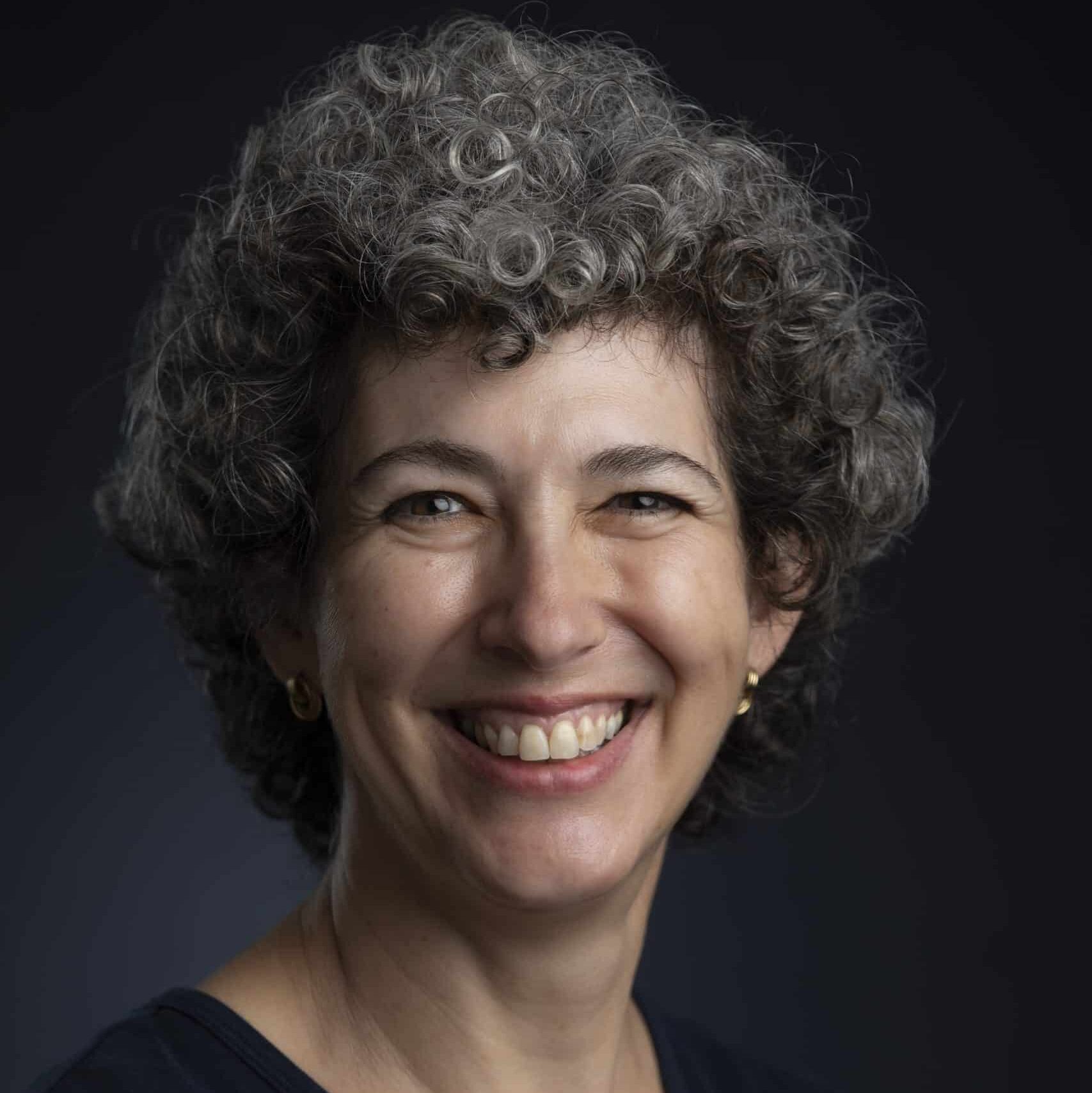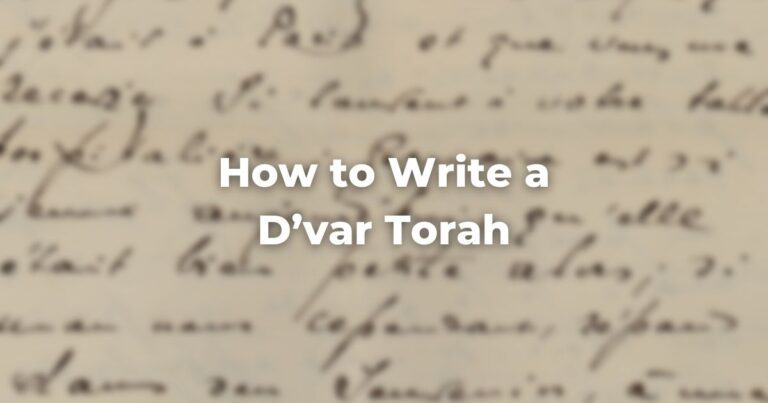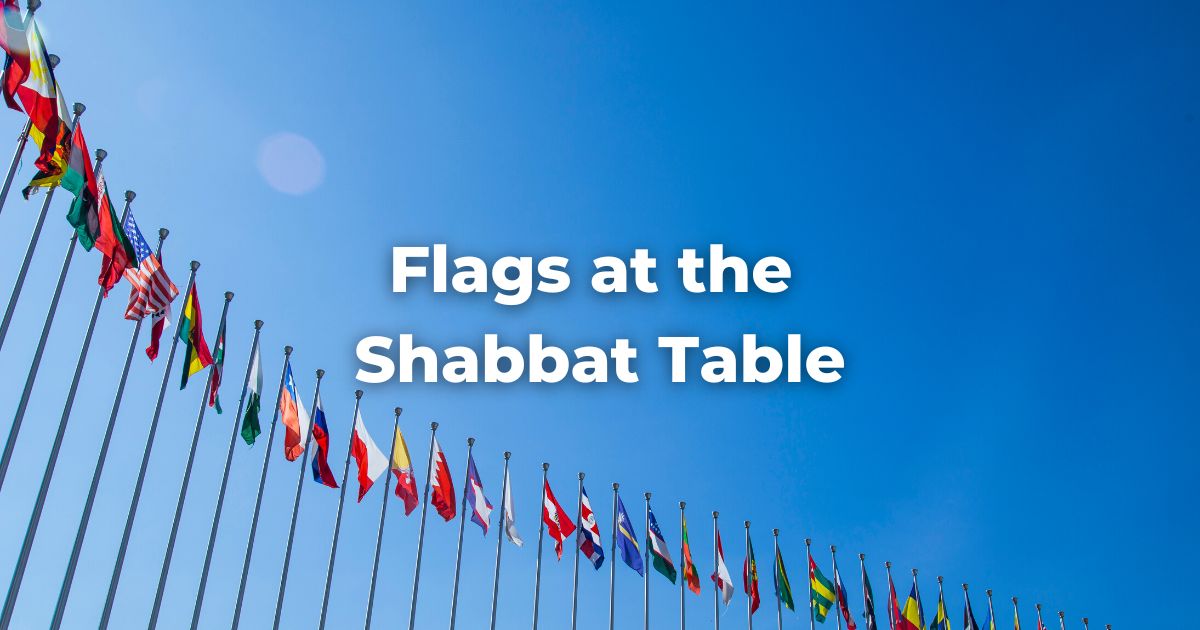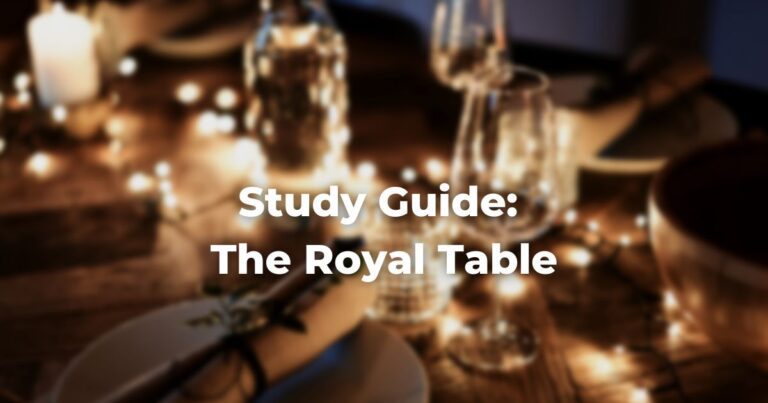Parashat Vayigash Study Guide
Background: Joseph, after revealing his identity to his brothers, invites the family to relocate to Egypt where there is food.
Text: Bereshit 46:8-30
8 And these are the names of the children of Israel, who came into Egypt, Jacob and his sons… 27 …all the souls of the house of Jacob that came into Egypt were seventy. 28 And he [Jacob] had sent Judah before him to Joseph, to show the way before him to Goshen; and they came into the land of Goshen. 29 And Joseph made ready his chariot, and went up towards Israel his father, to Goshen; and he presented himself to him, and he fell on his neck, and he wept on his neck a good while. 30 And Israel said to Joseph: ‘Now let me die, since I have seen your face, for you are still alive.’
- Why do you think that Jacob sent specifically Judah ahead of the family to Joseph? What was his mission?
- Why is it emphasized that Joseph prepared his chariot? What is the significance of the chariot and of Joseph dealing with it?
- Pronouns present a challenge in Genesis 46:29. Who fell on whose neck, and who had a good long cry? What kind of tears are these?
- Why is Jacob speaking of his death when he has finally found Joseph?
Commentary: Ramban on Genesis 46:29-30
…Israel’s eyes were already slightly dim from age, and when Joseph arrived in the carriage of the second in rank, with a miter on his head as was the custom of the Egyptian kings, his father did not recognize him. His brothers also had not recognized him. Therefore Scripture mentioned that when he appeared before his father, who stared at him and finally recognized him, his father fell on his neck and cried again over him, even as he had continually cried over him to this day when he had not seen him after his disappearance, and then Jacob said “now let me die, since I have seen your face.” It is a known matter as to whose tears are more constant: that of an old father who finds his son alive after having despaired of him and having mourned for him, or that of a grown-up son who reigns.
- Ramban paints a picture of the initial moment of the meeting of Joseph with his father. What might Jacob be experiencing emotionally at that point? Why?
- According to Ramban, who has a good long cry? What is his reasoning? What kind of tears might Ramban think that these are?
- What emotional portrait does Ramban paint of Joseph during this meeting? Thinking of the story of Joseph, what might have contributed to this situation? How does this match your impression of Joseph?
See more: Parashat Vayigash
Originally posted as part of the Conservative Yeshiva at the Fuchsberg Jerusalem Center’s Torah Sparks. Support TorahRefers to the first five books of the Hebrew Bible, the Tanakh, also called the Five Books of Moses, Pentateuch or the Hebrew equivalent, Humash. This is also called the Written Torah. The term may also refer to teachings that expound on Jewish tradition. Read more learning from the Fuchsberg Jerusalem Center/Conservative Yeshiva for leaders and seekers around the world here.
Authors
-

Vered Hollander-Goldfarb teaches Tanach and Medieval Commentators at the Conservative Yeshiva and is a regular contributor to Torah Sparks, FJC’s weekly message on the weekly Torah portion. She received her M.A. in Judaic Studies and Tanach from the Bernard Revel Graduate School of Yeshiva University and studied at Bar-Ilan University and the Jewish Theological Seminary. Before making aliyah, Vered taught at Ramaz School and Stern College in New York.
View all posts -



The Fuchsberg Jerusalem Center (FJC) is a home in the heart of Jerusalem where leaders and seekers can find an authentic place in Jewish tradition to call their own. FJC offers opportunities to study, pray and explore within an egalitarian and inclusive setting, creating multiple pathways for finding personal and communal meaning.
View all posts






